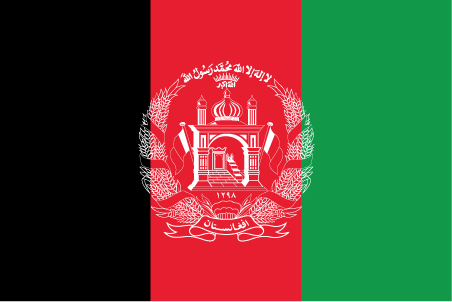Afghanistan began working on its TNA in 2018 and finalized the process, including Barrier Analysis and Enabling Framework and Technology Action Plans in 2023.
The world adaptation index ranks it the most vulnerable country in the world.
Climate change is influencing irregular rainfall, harsher winters, more frequent droughts and floods. Deforestation and desertification are exacerbated by trees being cut for fuel and construction, leading to soil erosion and loss of biodiversity, reduced agricultural productivity, and worsening food insecurity. Together, these environmental pressures endanger livelihoods dependent on agriculture, public health, and social stability.
Agriculture contributes an estimated 31% to the country’s GDP, and approximately 85% of Afghans depend on primarily rain-fed agriculture and agribusiness for their livelihoods.
Afghanistan’s technology needs assessment (TNA) prioritizes climate change adaptation and mitigation technologies, focusing mainly on the water and agriculture sectors, which are vital for food security and livelihoods. Key technology needs include improved water management, such as rainwater harvesting and micro-irrigation, and technologies to support the agriculture sector, including those resistant to climate change and renewable energy solutions like solar technology. The process identifies barriers, like a lack of trained staff and funding, and proposes solutions such as training programs and financial aid.
Afghanistan’s TNA contributes to the following Sustainable Development Goals:







